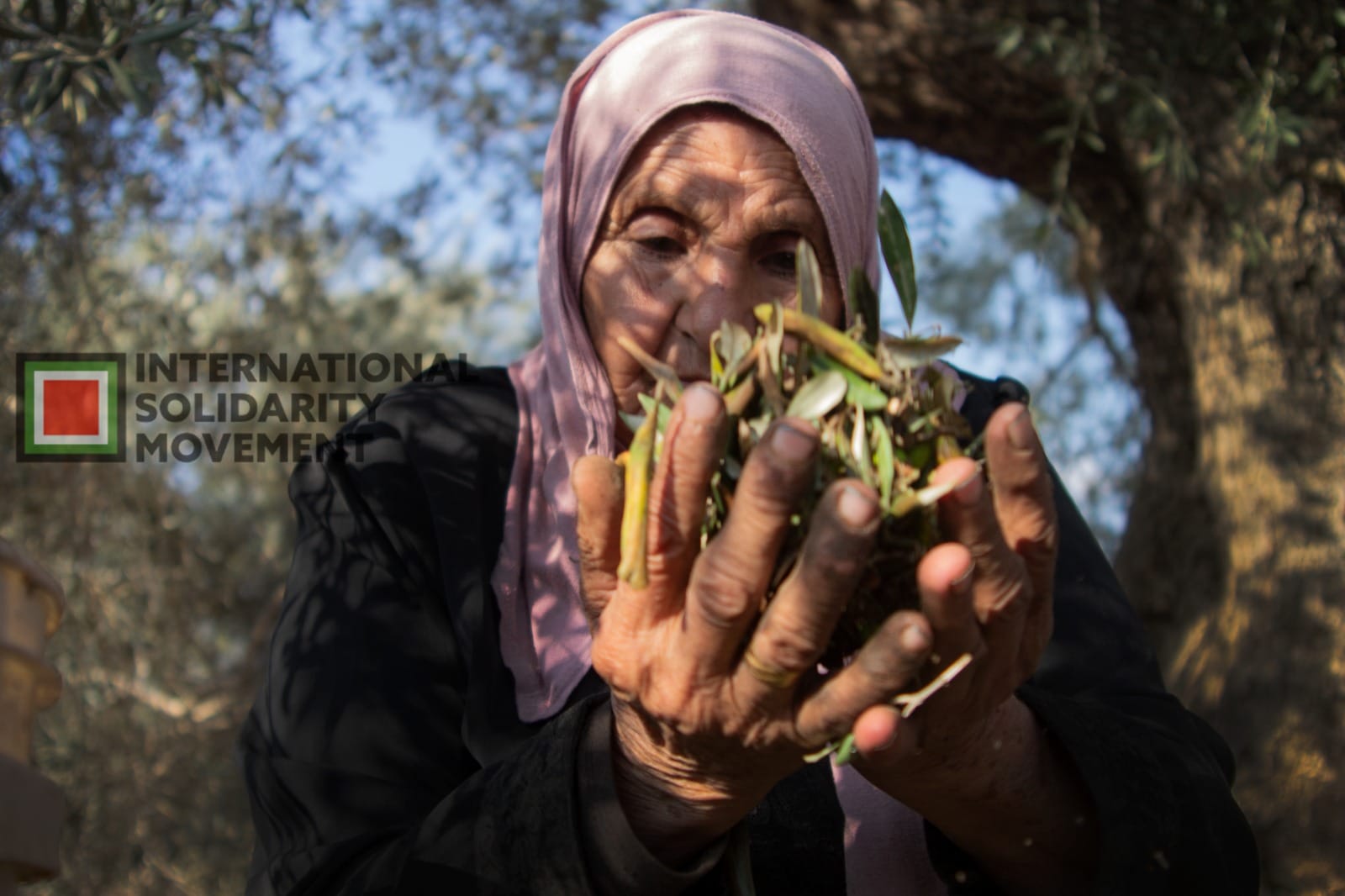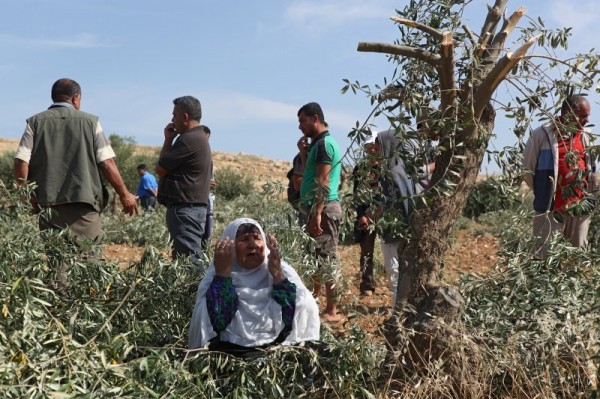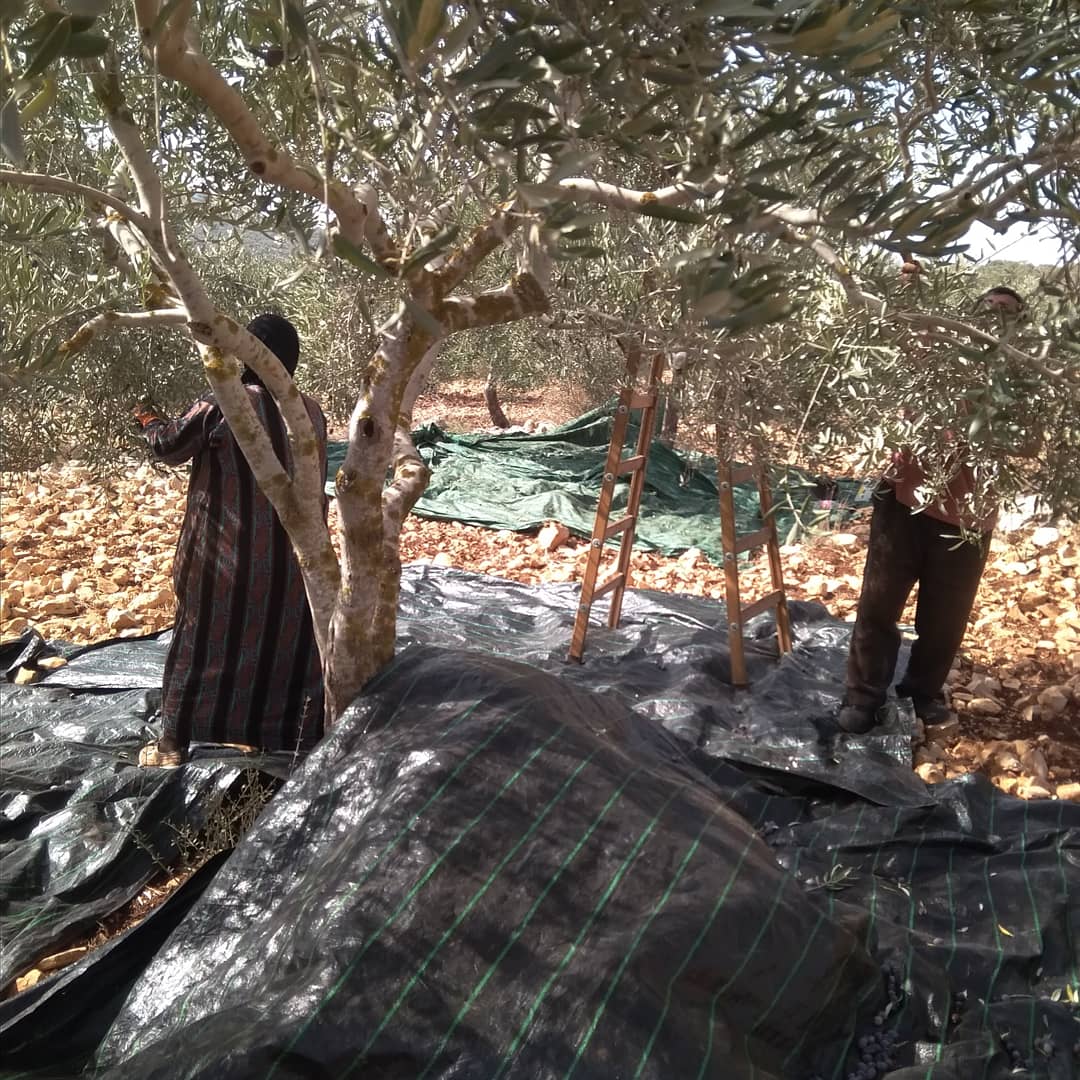Tag: Olive harvest
-
Olive Harvest 2022: Call for Volunteers
September 15 | International Solidarity Movement | Occupied Palestine ISM is issuing an urgent call out for volunteers to join the 2022 Olive Harvest at the invitation of Palestinian communities, starting next month. Olive trees are a national symbol in Palestine. As hundreds of thousands of trees have been uprooted by the Israeli military…
-
Call for volunteers: Olive Harvest 2019
August 25 | International Solidarity Movement | Occupied Palestine At a time of regular settler and IOF violence in the West Bank, the International Solidarity Movement (ISM) is issuing an urgent call for volunteers to join us for the 2019 Olive Harvest Campaign at the invitation of Palestinian communities. The olive tree is a national…
-
“They take everything,” explains Bruqin farmer during 2018 olive harvest
October 22, 2018 |International Solidarity Movement | Bruqin, Occupied Palestine ISM volunteers spent the day harvesting olives with farmers in Bruqin village, a day that began with Israeli soldiers confronting the farmer and his family and ordering them to leave their land no later than 5 p.m. Since the harvest workday typically concludes…



